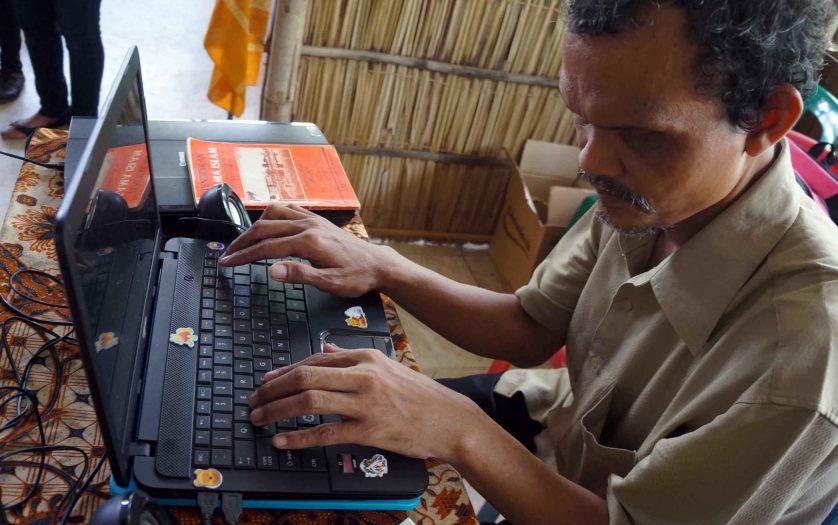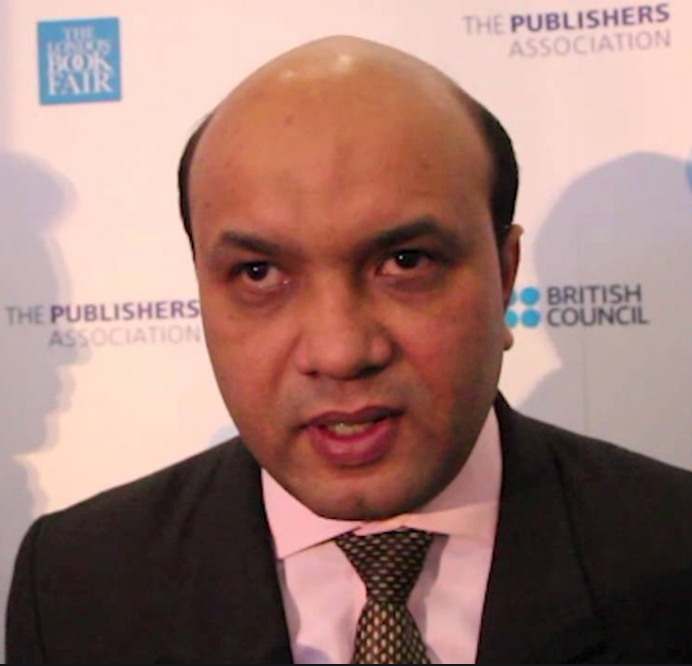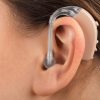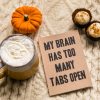Another Step Towards An Inclusive Future

Students with vision disabilities like Rafi are a significant part of our society, among approximately four million people with vision disabilities in Bangladesh, and need to be incorporated in development activities when inclusive and sustainable development is the goal. Their inclusion, and the utilisation of their full potentials, requires wider accessibility, especially access to the fundamental rights like education. It takes special care and attention, above all, a global commitment of inclusion for all.
With a strong commitment, Bangladesh became a signatory and a ratifying party to the UN Convention on the Rights of Persons with Disabilities (UNCRPD); and declared non-discrimination, full and effective participation and inclusion in society, and accessibility, among others. Bangladesh understands and recognises the inclusion as a precondition to achieve Sustainable Development Goals (SDGs): the core agenda “leaving no one behind”. The Access to Information (a2i) programme of the ICT Division of Bangladesh Government has been working on ways to improve their inclusive development.
In accordance with inclusive and equitable quality education and lifelong learning opportunities for all, a2i has emphasised on child, disability and gender sensitive education facilities; and safe, non-violent, inclusive and effective learning environments for all. Innovators are being encouraged to come up with small-scale innovation to empower persons with disabilities. It has produced DAISY standard digital multimedia books, e-books and digital braille books for the primary, secondary and higher secondary level. These materials have been proved more accessible and also cost effective than the printed braille books and other materials. Now, Rafi, along many others, is more capable of getting education not only as a right but also a crucial tool for the development of his own and the society.
Accessible Dictionary, another step of a2i with the support from YPSA, is Bangladesh’s first dictionary especially developed for the persons with visual, print and learning disability and information disadvantaged groups; yet, beneficial for over 5 million students with/out disabilities. It creatively utilised existing technological prospects, using open source technology, to reduce the exclusion and discrimination. Four (Bangla-to-Bangla, Bangla-to-English, English-to-Bangla, English-to-English) versions of the dictionary are accessible for all, cost effective, less time consuming and universally designed for easy access both online and offline, web and mobile app formats. They can be read by any screen-reading software and Digital Braille Text allows for easy reproduction of Braille printed versions.
Tuli Dutta, a student with vision disability completed her secondary level education, was glad that she got one more accessible learning tool. “It is another gift after accessible books for students like me. I would take advantages of what the accessible dictionary offers and learn more”, she said. Mohammad Hasan, a post graduate student with visual disability, appreciated the very good news because it would make students with vision disabilities more competent. He found it as an important proof that government is sensitive to persons with disabilities which will broaden the accessibility to build a fully inclusive society in near future.







